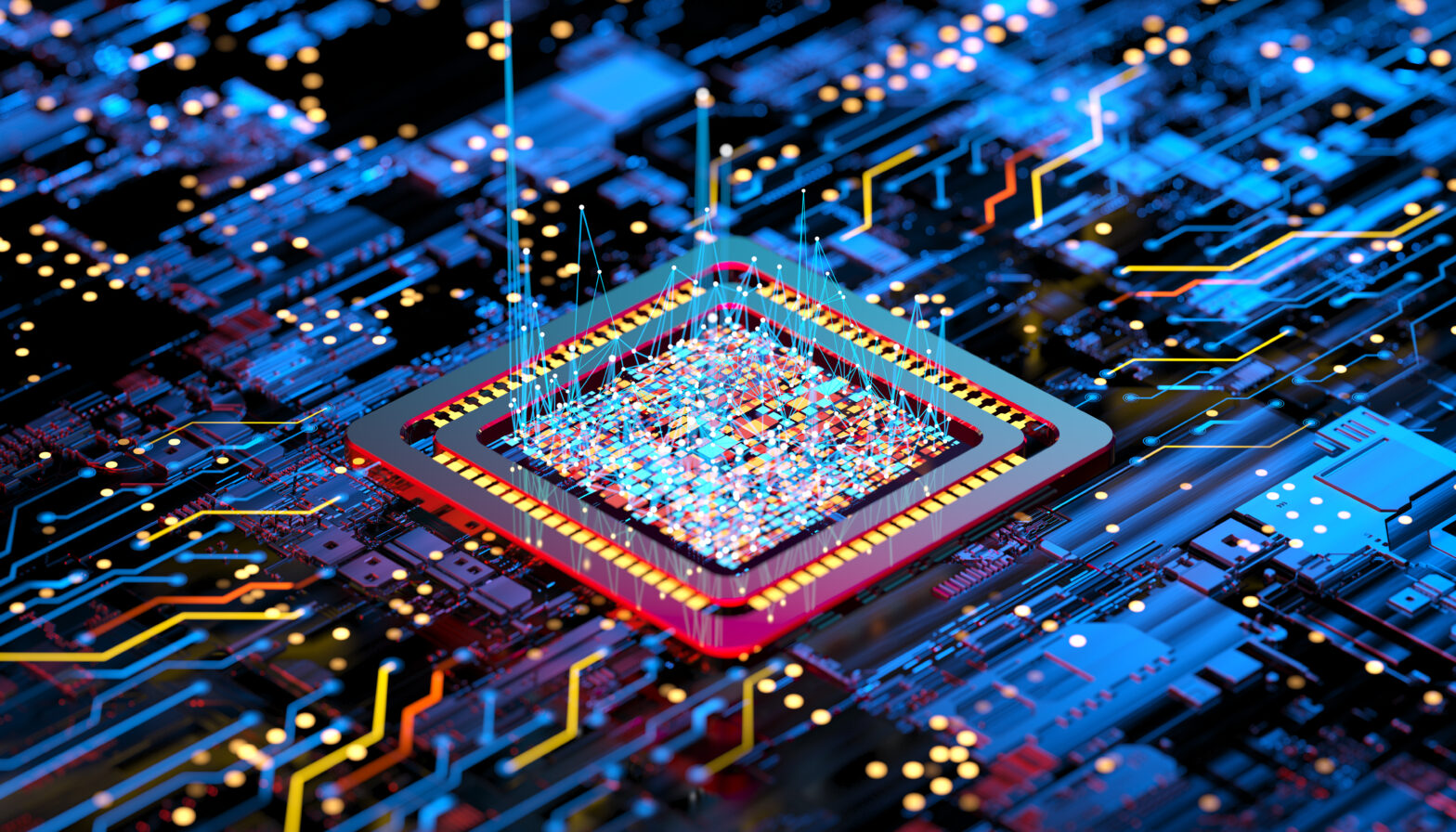According to the new Slack chief executive, speaking to The Times, generative AI innovations could be held back by supply shortages for graphic processing units (GPUs) required to power such capabilities — leading to substantial increases in costs that the market will need to keep an eye on.
Jones pondered: “Will that limit how much customers will be able to adopt? And how do we ensure that the cost of these capabilities are not so prohibitive that organisations will limit their use?”
Demand for AI resources and models has ramped up since OpenAI publicly released ChatGPT last November, leading to surging investment made by the start-up’s key investor Microsoft, as well as Slack’s parent company Salesforce among other corporations.
84 questions to ask before training an AI model — AI experts and data scientists have published a checklist of questions developers should ask before embarking on training an AI model.
While high initial costs are part and parcel of any emerging tech, Jones expressed belief that “the sheer amount of power required to compute and process data from these large language models could become a bottleneck for those costs to come down”.
The share price of semiconductor market leader Nvidia has more than doubled this year, with its specialised GPUs for artificial intelligence currently setting organisations back around $30,000.
While the likes of AWS, Microsoft and IBM are mulling development of their own AI chips, much progress would need to be made in order to properly compete with Nvidia, which released its DGX GH200 supercomputer platform in May.
GenAI offerings such as Slack GPT are rapidly diversifying business-facing capabilities in the market, allowing for automation of specific administrative tasks.
Additionally, the likes of Apple and Amazon are said to be building expertise and projects in the space.
Conversely though, Nvidia and other companies in the space remain reliant on outsourcing of the actual building of chips — a key manufacturer being Taiwan-based TSMC — opening up ever-present supply chain and geopolitical risks.
Related:
Key AI stakeholders establish regulation forum — ChatGPT developer OpenAI has ditched its AI text detection program and formed a regulation body alongside Google, Microsoft and Anthropic.







